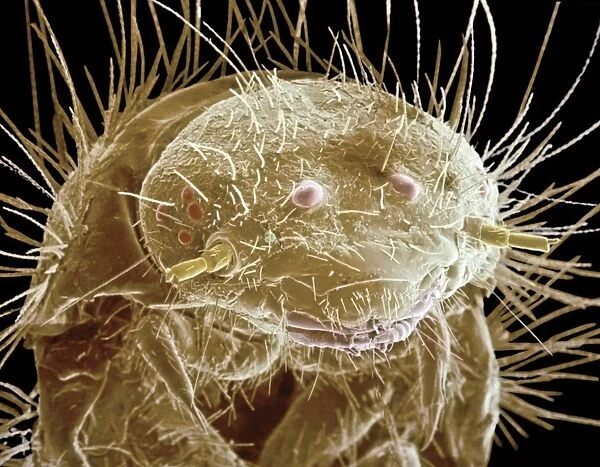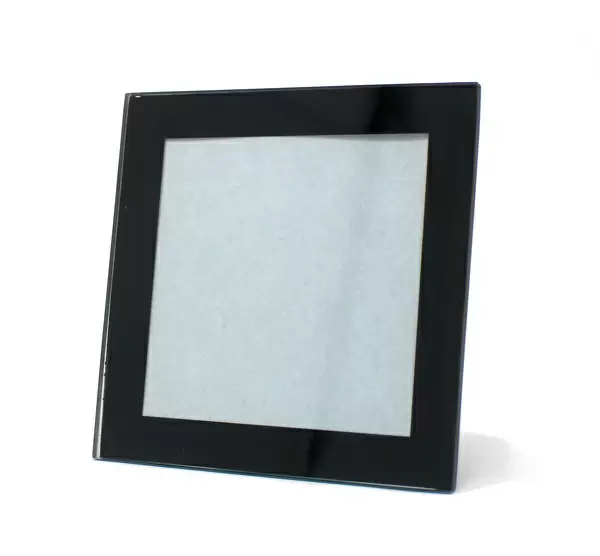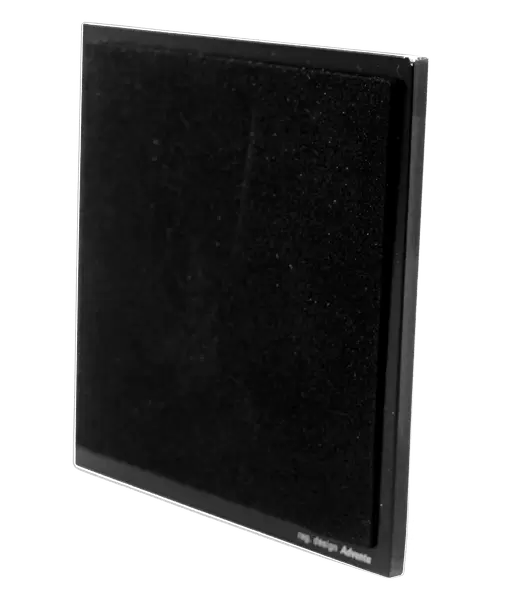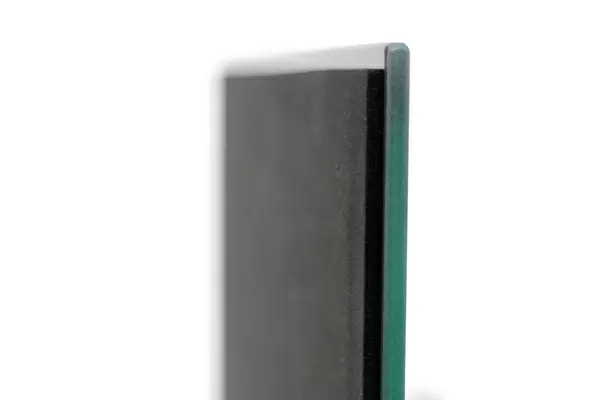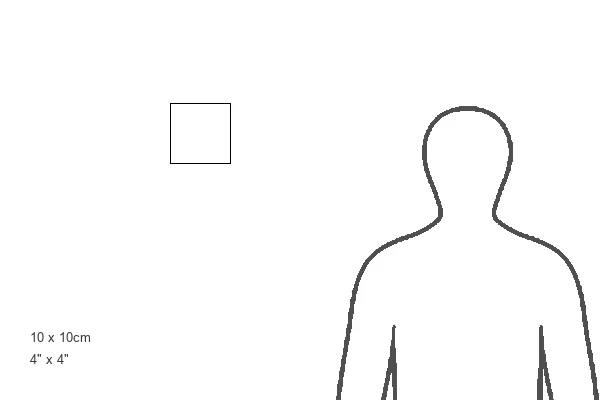Glass Coaster : Larder beetle larva head, SEM
![]()

Home Decor from Science Photo Library
Larder beetle larva head, SEM
Larder beetle (Dermestes lardarius) larva head, coloured scanning electron micrograph (SEM). This beetle is studied by forensic entomologists as it feeds on extremely dry, desiccated dead bodies. In the open it feeds on corpses around 2 months after death. Both beetle and larva feed on the tissues of the corpse, and they can be used to estimate a time of death. They also feed on dried foods and hair and dead skin. Magnification unknown
Science Photo Library features Science and Medical images including photos and illustrations
Media ID 6462052
© VOLKER STEGER/SCIENCE PHOTO LIBRARY
Beetle Crime Research Death Decay Decomposition Face Forensic Entomology Forensics Hair Hairs Hairy Insecta Larva Larder
Glass Coaster
Individual Glass Coaster. Stylish and elegant polished safety glass, toughened and heat resistant (10x10cm, 7mm thick). Price shown is per individual coaster.
Individual Glass Coaster. Elegant polished safety toughened glass and heat resistant, matching Place Mats are also available
Estimated Image Size (if not cropped) is 7.6cm x 5.9cm (3" x 2.3")
Estimated Product Size is 10cm x 10cm (3.9" x 3.9")
These are individually made so all sizes are approximate
Artwork printed orientated as per the preview above, with landscape (horizontal) orientation to match the source image.
EDITORS COMMENTS
This print showcases the intricate head of a Larder beetle larva, captured using coloured scanning electron microscopy (SEM). The Larder beetle, scientifically known as Dermestes lardarius, is a fascinating subject for forensic entomologists due to its unique feeding habits. This particular species thrives on extremely dry and desiccated dead bodies, making it an invaluable tool in estimating time of death. In the wild, these beetles and their larvae typically appear around two months after the demise of a corpse. Both stages of this insect's life cycle feed on the tissues of decomposing bodies, aiding investigators in determining crucial details surrounding a crime scene or suspicious death. However, their dietary preferences are not limited to human remains alone. Larder beetles and their larvae also consume dried foods such as grains and cereals, hair strands, and dead skin cells. Their versatility in scavenging various sources of sustenance highlights their adaptability within ecosystems. The mesmerizing SEM image reveals intricate details like hairy appendages that aid these insects in navigating through decaying matter. Although the magnification level used for this photograph is unknown, it allows us to appreciate the complexity hidden within even the smallest creatures. This stunning visual representation serves as a testament to both nature's ingenuity and scientific advancements enabling us to explore microscopic worlds with unprecedented clarity.
MADE IN THE UK
Safe Shipping with 30 Day Money Back Guarantee
FREE PERSONALISATION*
We are proud to offer a range of customisation features including Personalised Captions, Color Filters and Picture Zoom Tools
SECURE PAYMENTS
We happily accept a wide range of payment options so you can pay for the things you need in the way that is most convenient for you
* Options may vary by product and licensing agreement. Zoomed Pictures can be adjusted in the Basket.


